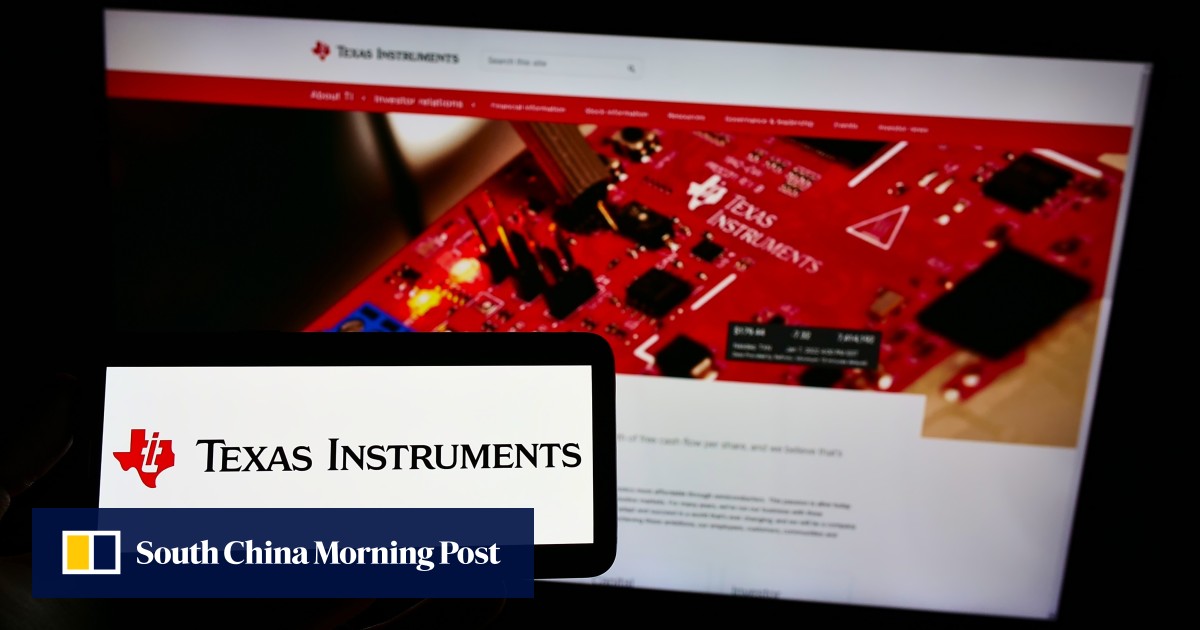NEW DELHI: Assam chief minister Himanta Biswa Sarma announced on Sunday that starting July, all ministers and government officials will be responsible for paying their own electricity bills to end the ‘VIP culture‘.
This change begins with the Chief Minister and the Chief Secretary, who will start paying their power bills from July 1, while a broader effort to conserve energy has already seen automatic disconnections at 8 PM in 8,000 government offices across the state.
“We are ending the VIP Culture rule of paying electricity bills of Government officials using taxpayer money. Myself and the Chief Secretary will set an example and start paying our power bills from July 1 onwards. Beginning July 2024, all public servants will have to pay for their own electricity consumption,” Assam CM wrote in a post on X.
Sarma also highlighted the state’s efforts towards energy conservation by explaining the new program to automatically disconnect electricity at government offices except for the CM Secretariat, Home, and Finance Departments at 8 PM. This measure targets reducing the overall electricity consumption in the region.
“Our aim is to gradually move all Govt establishments to solar power and we are exploring beginning this work from our Medical Colleges and Universities across the State,” Assam CM added.
On the same day, the Assam Chief Minister inaugurated the Janata Bhawan Solar Project at the state Secretariat Complex. The project promotes the state’s commitment to renewable energy with a 2.5-MW capacity grid-connected solar PV system installed on rooftops and ground surfaces.
This solar project is expected to generate an average of 3 lakh units of electricity monthly. With a total investment of Rs 12.56 crore, the costs are projected to be recovered within four years, and monthly savings are estimated at about Rs 30 lakh.
The successful launch of the solar power project has now made the Assam Secretariat Complex the first-ever civil secretariat in India to rely entirely on solar-generated electricity for daily usage.
This change begins with the Chief Minister and the Chief Secretary, who will start paying their power bills from July 1, while a broader effort to conserve energy has already seen automatic disconnections at 8 PM in 8,000 government offices across the state.
“We are ending the VIP Culture rule of paying electricity bills of Government officials using taxpayer money. Myself and the Chief Secretary will set an example and start paying our power bills from July 1 onwards. Beginning July 2024, all public servants will have to pay for their own electricity consumption,” Assam CM wrote in a post on X.
Sarma also highlighted the state’s efforts towards energy conservation by explaining the new program to automatically disconnect electricity at government offices except for the CM Secretariat, Home, and Finance Departments at 8 PM. This measure targets reducing the overall electricity consumption in the region.
“Our aim is to gradually move all Govt establishments to solar power and we are exploring beginning this work from our Medical Colleges and Universities across the State,” Assam CM added.
On the same day, the Assam Chief Minister inaugurated the Janata Bhawan Solar Project at the state Secretariat Complex. The project promotes the state’s commitment to renewable energy with a 2.5-MW capacity grid-connected solar PV system installed on rooftops and ground surfaces.
This solar project is expected to generate an average of 3 lakh units of electricity monthly. With a total investment of Rs 12.56 crore, the costs are projected to be recovered within four years, and monthly savings are estimated at about Rs 30 lakh.
The successful launch of the solar power project has now made the Assam Secretariat Complex the first-ever civil secretariat in India to rely entirely on solar-generated electricity for daily usage.
Denial of responsibility! Pioneer Newz is an automatic aggregator of the all world’s media. In each content, the hyperlink to the primary source is specified. All trademarks belong to their rightful owners, all materials to their authors. If you are the owner of the content and do not want us to publish your materials, please contact us by email – [email protected]. The content will be deleted within 24 hours.







